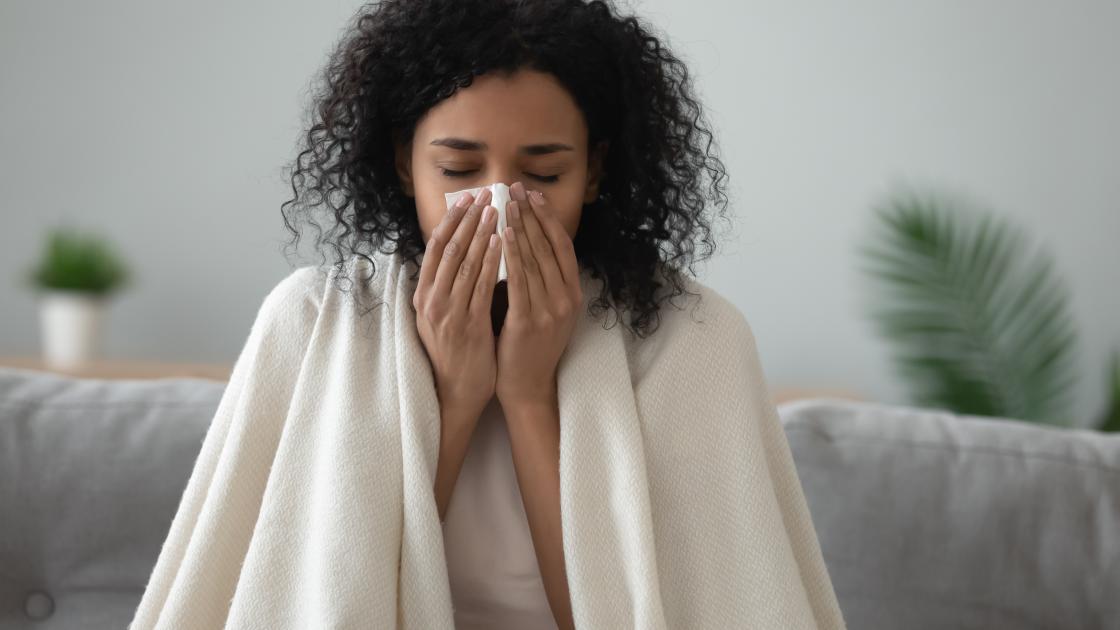
Reduce your flu risk with these 6 tips
It’s flu season. Now more than ever, it is important to take good care of your health and avoid getting sick.
Here are 6 common-sense tips for reducing your risk of flu, helping your entire family and community stay well during the months ahead.
1. Wash your hands.
Wash your hands regularly with soap and water for at least 20 seconds. This is the best way to remove viruses, bacteria and other germs from your hands that could make you or other people sick.
Handwashing with soap and water is best. An alcohol-based hand sanitizer will work when soap and water aren't available. Get in the habit of cleaning your hands:
- Before, during and after preparing food, and before eating
- After using the bathroom
- After sneezing, coughing or blowing your nose
- Whenever your hands look visibly soiled
- After handling personal items of a family member who is sick
2. Cover your mouth and nose with a tissue or cloth whenever you sneeze or cough.
Many germs, including viruses that cause the flu, common cold and COVID-19, travel in the air through respiratory droplets from our mouth and nose. When you cover your mouth and nose while coughing or sneezing, you prevent these infectious droplets from spreading in the air.
Be good a role model and teach your children how to properly cough and sneeze, too. In the absence of a tissue, always cough or sneeze into your elbow.
3. If you're sick, stay home whenever possible.
To reduce the likelihood of spreading the flu, it's also important to avoid people who are feeling sick, too.
4. Keep your hands away from your face and mouth.
Even if you think your hands are clean, avoid touching your face, eyes, mouth and nose. You could unknowingly bring germs into your body if you touch a hard surface or object contaminated with germs and then touch your face.
5. Start or maintain other healthy habits.
When you take good care of your body through healthy habits like proper sleep, diet, exercise and stress management, it's easier for your body to fend off germs and stay well.
6. Get your flu vaccine.
Getting an annual flu vaccine isn't the only thing you should do to protect yourself and your family from seasonal influenza, but it's an important step.
According to the U.S. Centers for Disease Control and Prevention (CDC), getting the flu shot reduces your chances of getting sick with the flu by about 40% to 60%. Studies also show that getting a flu shot may keep you from getting severely sick or hospitalized even if you do end up becoming infected by the influenza virus. Flu shots have also been shown to be especially beneficial for people with chronic health conditions, including heart disease, lung disease and diabetes.
The CDC recommends that everyone aged 6 months and older get the flu vaccination every year, unless there are rare medical contraindications.
Do you feel prepared to stay healthy this flu season?
Go into this flu season confident, prepared and healthy by following the above tips and talking to your health care provider. To schedule a medical appointment or connect with a physician, call SIU Medicine at 217-545-8000.



